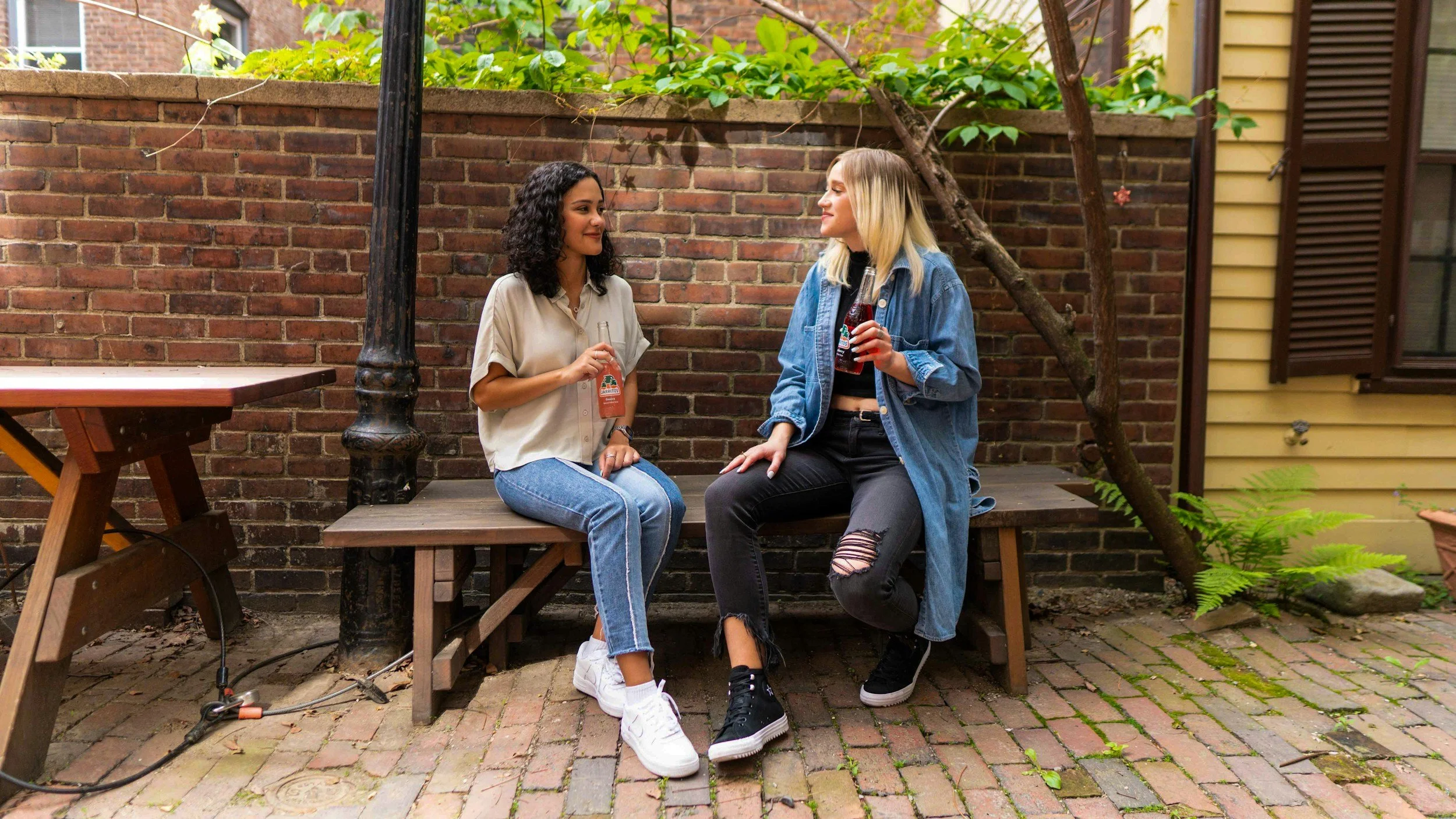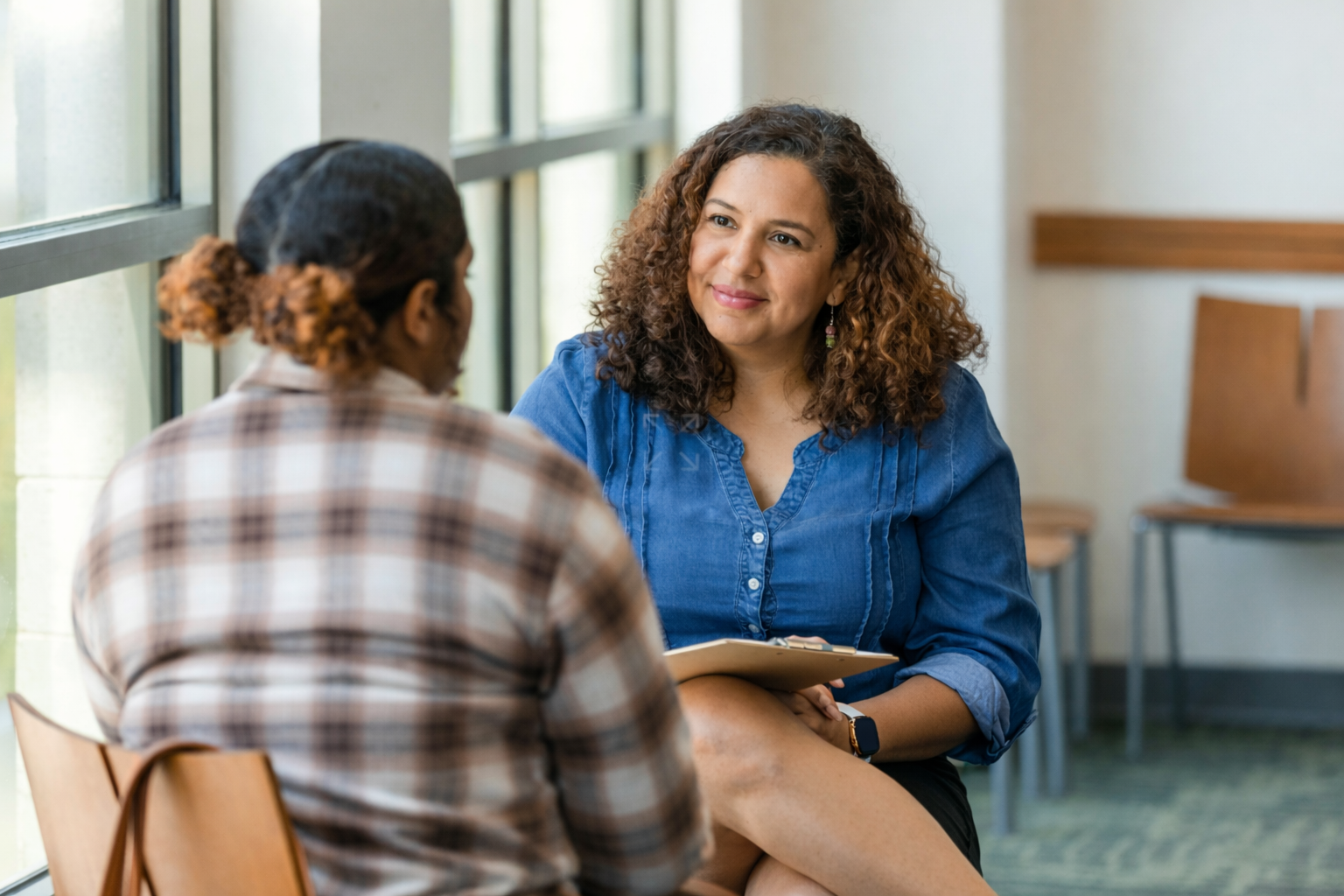How to Prepare for Your First Counselling Session
Before your session, you may be asked to:
Complete a brief intake form
Share any history or specific concerns
Choose between in-person or secure online therapy (via JaneApp)
Confirm pricing and payment information
💡 Tip: Our rates range from $40–$70 depending on your therapist and coverage. Many of our clients use extended health benefits to cover sessions.
What Happens in the First Therapy Session
A typical first session lasts about 50–60 minutes and focuses on building a foundation of trust, understanding, and therapeutic direction.
✅ 1. Welcome & Orientation
You’ll be welcomed into a calming, non-judgmental space—online or in person. Your therapist will introduce themselves and create an environment where you feel safe and respected.
✅ 2. Consent & Confidentiality
Before diving in, your therapist will go over:
What you can expect from therapy
How your information is kept private
The limits of confidentiality (e.g. harm to self or others)
✅ 3. Exploring Your Story
You’ll be gently invited to share:
Why you're seeking counselling
What's currently challenging you
Key life events or patterns you want to change
This is a no-pressure space—you only share what you feel ready to.
✅ 4. Setting Goals
Together, you and your therapist will begin to identify:
Your immediate needs (e.g. managing anxiety, grief, overwhelm)
Your long-term goals (e.g. building confidence, healing trauma, improving relationships)
These goals may evolve over time, and that’s completely okay.
✅ 5. Outlining a Plan
You may explore what future sessions might look like, including:
Suggested therapy modalities (e.g. CBT, DBT, IFS, EMDR)
Session frequency (typically weekly or bi-weekly)
Whether you'd benefit from a short- or long-term approach
✅ 6. Asking Questions
You’ll have time to ask things like:
“What kind of therapy do you use?”
“Have you worked with people who’ve faced similar issues?”
“What happens if I feel stuck or unsure?”
Your comfort, autonomy, and voice matter here.
After the Session: What to Expect Next
Many clients leave their first session feeling relieved, hopeful, or reflective. You might also feel emotionally raw—and that’s totally normal.
After your session:
You’ll receive scheduling follow-up (via JaneApp)
You may be given reading, journaling, or grounding tools
You can reflect on how the session felt and decide if it’s the right fit
💡 Reminder: You’re not locked in. If this therapist or approach doesn’t feel right, we’re here to help you find someone who does.
✨ Your Transformation Journey Starts Here
At Transformation Counselling, we believe therapy isn’t just about solving problems—it’s about becoming more of who you really are.
Our model is rooted in three phases:
Stabilization & Safety – Building trust, coping strategies, emotional regulation
Exploration & Healing – Processing root issues and trauma
Integration & Growth – Rebuilding a stronger, healthier sense of self
This first session is the beginning of that arc.
Why People Choose Transformation Counselling
Transformation Counselling isn’t just about managing anxiety, depression, or stress—it’s about helping you transform your inner world so you can live with more peace, confidence, and clarity.
Our experienced Ontario-based therapists provide compassionate, personalized care rooted in evidence-based practices. Whether you're new to therapy or returning, your first session is the beginning of a journey toward self-discovery and healing.
Book Your First Session
Ready to take the first step? Click the button below to get started.
















